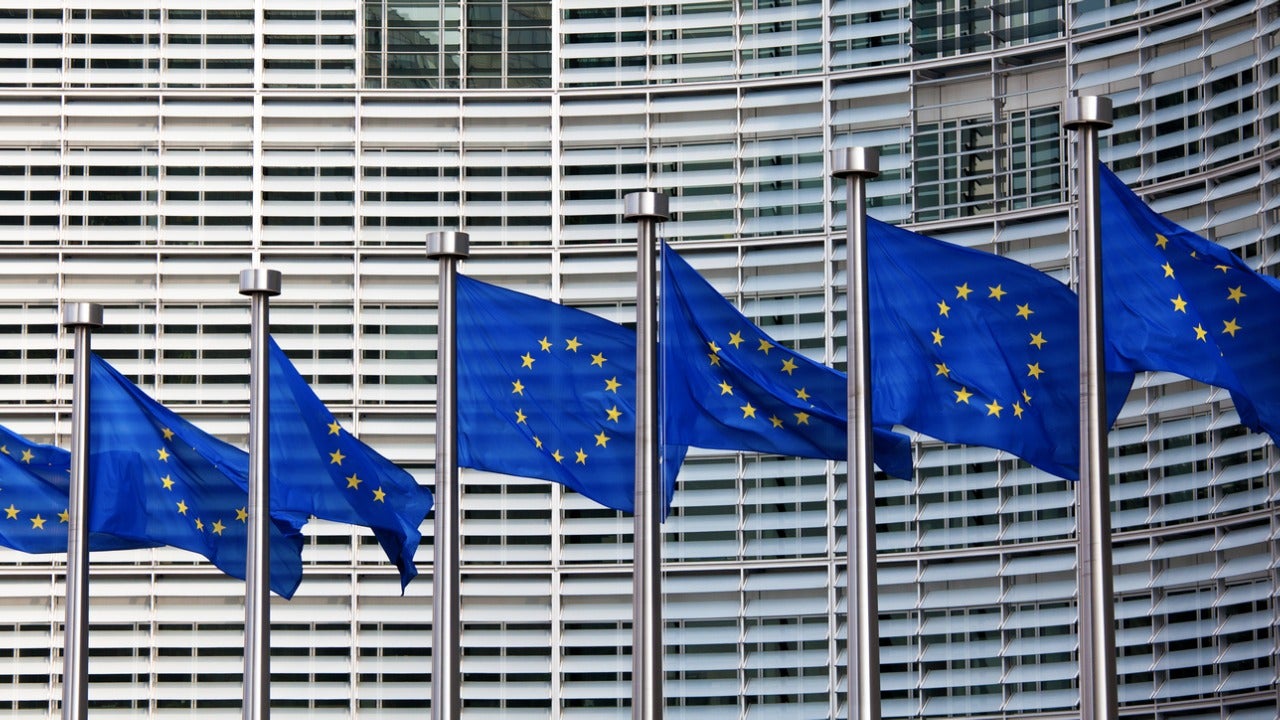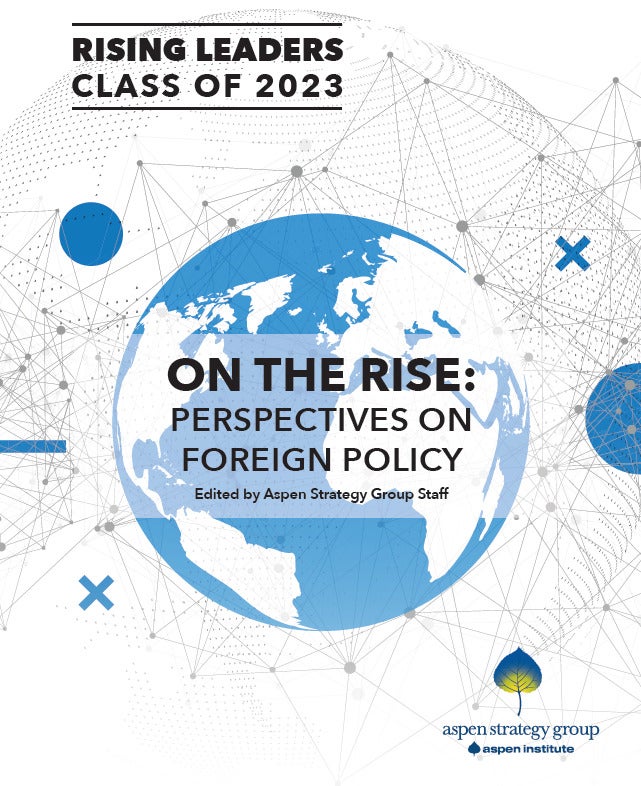Sir Peter Westmacott was British Ambassador to the United States from January 2012 until he retired from the UK Diplomatic Service in January 2016. He then spent a semester at Harvard’s Kennedy School of Government as a Resident Fellow. Westmacott was British Ambassador to France from 2007-2012 and to Turkey from 2002-2006. His 40-year diplomatic career included four years in Iran before the 1979 Revolution and a secondment to the European Commission in Brussels. He will be speaking at the Aspen Security Forum.
I remember being at the Aspen Security Forum two years ago when news began to break of the extent of Russian meddling in that year’s US election campaign and everyone was wondering what impact it would have on the outcome three months later.
Today no one — not even President Trump — disputes the extent of Russian interference, though how far the Trump campaign was knowingly involved remains a subject of great conjecture.
Does it really matter? Well, yes. The president has reluctantly condemned Russia for poisoning its opponents in quiet, rural England but remains readier to criticize the Canadian, German, French, British, South Korean, and Mexican heads of government — along with multinational organizations like NATO, the EU, the WTO, NAFTA, and the United Nations — than to point the finger of blame at Vladimir Putin in connection with Ukraine, Syria, threats against NATO, or Russia’s shameless attacks on our democratic institutions and on objective reality.
Meanwhile, the president has overturned positions worked out jointly with allies over many years, disregarding direct personal pleas from many of its most important allies. Think NAFTA, NATO, TPP, the EU, climate change, the Middle East, the Iran nuclear deal, North Korea, and the trade war he has launched against all and sundry. The rest of the world is coming to terms with the meaning of ‘America First’ unilateralism, and wondering whether it is here to stay or a temporary blip.
Here in the UK, as I write, people are preparing for Donald Trump’s visit just after the NATO summit and just before he goes to see Vladimir Putin in St. Petersburg. Whatever we may think of the president’s views, he is the head of state and commander in chief of a hugely important country which he UK has regarded as its closest ally for 100 years. He is also on record as saying he is ready to deliver a free trade agreement with Britain as soon as it leaves the EU — assuming Brexit happens. Those he meets in the UK will warn him of the risks of his rejection of multilateral agreements and organizations and his apparent willingness to a blind eye to the threats posed to Western security by the Kremlin. Our meetings and conversations at Aspen will, as ever, add to the quality of that debate.
The views and opinions of the author are his own and do not necessarily reflect those of the Aspen Institute.


